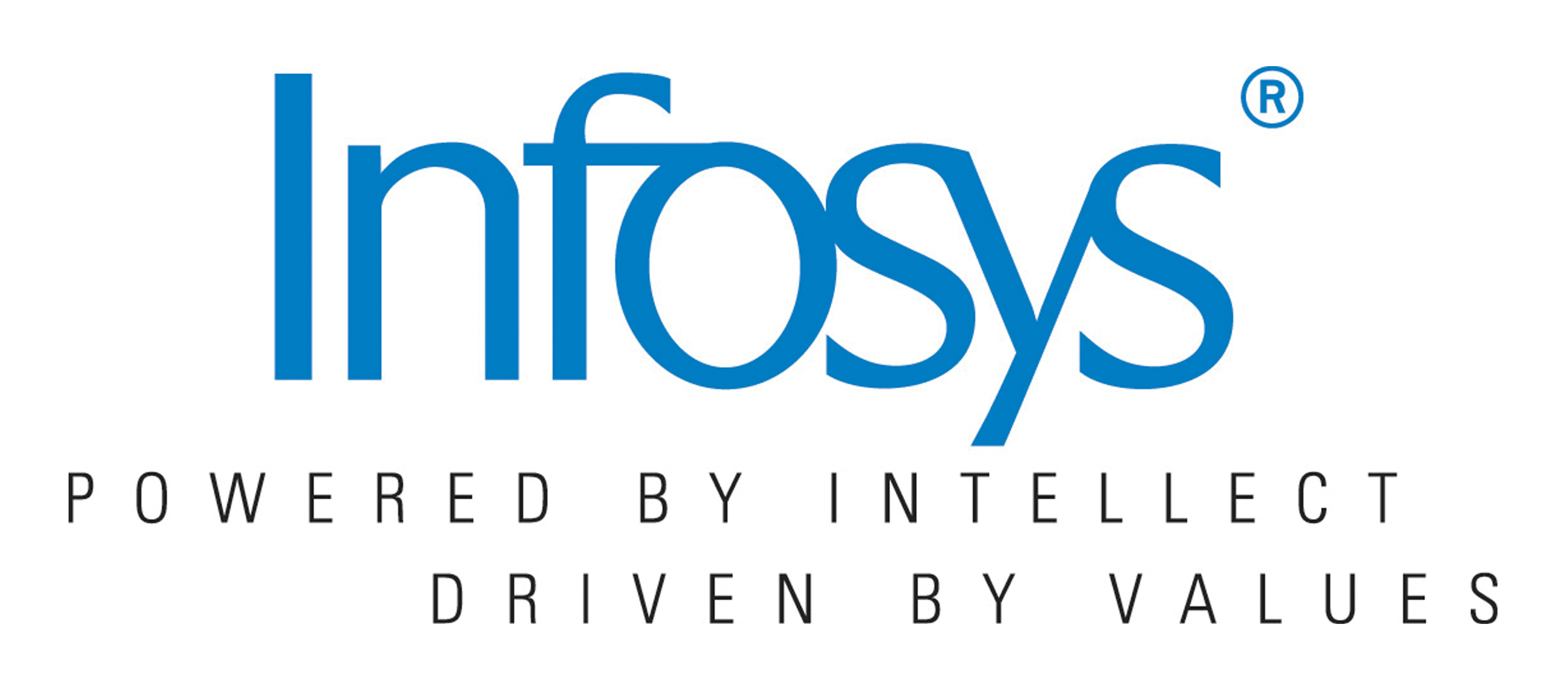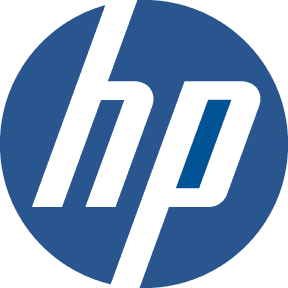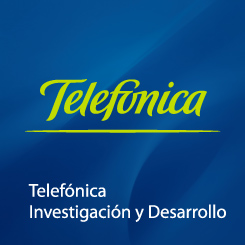Paper Submission Requirements
The SIGCOMM 2011 conference seeks papers describing significant research contributions to the field of computer and data communication networks. Paper submissions typically report novel results firmly substantiated by experimentation, simulation, or analysis. As an aid to the community, the SIGCOMM Web site provides useful advice to authors planning to submit to SIGCOMM conferences. Papers published in previous SIGCOMM conferences also serve as excellent examples of anticipated scope, rigor, and length.
To submit papers to the SIGCOMM 2011 conference, first carefully read the following sections on:
- Paper registration - what to register, and how to determine TPC conflicts.
- Paper novelty - what is eligible to submit, including policies on previous workshop papers.
- Paper anonymity - how to prepare for anonymous submission.
- Paper formatting - how to format your paper, including LaTeX and Word templates.
- Paper acceptance - what to expect if your paper is accepted.
Then use the paper submission site to:
Register your paper by 8:00pm Eastern Standard Time (EST), January 24, 2011. Registration was mandatory and is now closed.Submit your paper by 8:00pm Eastern Standard Time (EST), January 31, 2011. Be sure to finalize your paper on the paper submission site to make it available for review.Submission is now closed.
These are hard deadlines and no extensions will be given. These dates will not change.
The information on this page is intentionally comprehensive. Veteran authors will likely find it familiar, but new authors may not. Our goal is to ensure that all authors have consistent expectations for the submission process, and that everyone observes them fairly. If you have any questions about submitting papers to SIGCOMM 2011, or encounter problems with the paper submission site, contact the TPC chairs well before the deadlines.
Paper Registration
Registration only requires submission of paper metadata: paper title and abstract, author names, affiliations, contact email addresses, and conflicts with TPC members. The paper itself does not need to be submitted at the registration deadline. However, the paper title and abstract submitted during registration must be complete - not placeholders - and correctly characterize the paper that will be submitted. Authors can change the wording of their titles and abstracts for submission, but their essence should not fundamentally change. The TPC will use the information provided during registration as a basis for making review assignments.
Both authors and TPC members provide TPC conflict information. The TPC will review paper conflicts to ensure the integrity of the submission process, adding conflicts where necessary. Broadly, we define conflict of interest with a TPC member using the following principles:
- You are currently employed at the same institution, have been previously employed at the same institution within the last 12 months, or are going to begin employment within the next 6 months at the same institution.
- You have a professional partnership as follows:
- Past or present association as thesis advisor or thesis student.
- Collaboration on a project, publication, or grant proposal within the last 48 months.
- Co-editing a journal or conference proceedings within the last 24 months.
If there is no basis for TPC conflicts provided by authors, those conflicts will be removed. In particular, do not improperly identify TPC members as conflicts to avoid an individual who might review your paper.
Paper novelty
Under no circumstances should authors submit previously published work, submit the same work simultaneously to multiple venues, or submit papers that plagiarize the work of other authors. Like other conferences and journals, SIGCOMM prohibits these practices and may take action against authors who have committed them. In some cases, the program committee may share information about submitted papers with other conference chairs and journal editors to ensure the integrity of papers under consideration. If the TPC discovers a violation of these principles, sanctions may include, but are not limited to, contacting the institutions of the authors and publicizing the details of the case.
SIGCOMM will review extended versions of previously-published short preliminary papers (such as workshop papers) in accordance with published SIGCOMM policy and the ACM Plagiarism Policy. To preserve author anonymity, authors MUST cite this related prior work, while making a good-faith effort not to reveal common authorship. For example, such a submission should not explicitly point out that specific text has been adopted from the author's own prior work.
Papers accompanied by nondisclosure agreement requests will not be considered nor ever disclosed.
Paper anonymity
All submitted papers will be judged based on their quality and relevance through double-blind reviewing, where the identities of the authors are withheld from the reviewers. As an author, you are required to make a good-faith effort to preserve the anonymity of your submission, while at the same time allowing the reader to fully grasp the context of related past work, including your own. Common sense and careful writing will go a long way towards preserving anonymity. Minimally, please take the following steps when preparing your submission:
- Remove the names and affiliations of authors from the title page.
- Remove acknowledgment of identifying names and funding sources.
- Use care in naming your files. Source file names (e.g., "Alice-n-Bob.dvi") are often embedded in the final output as readily accessible comments.
- Use care in referring to related work, particularly your own. Do not omit references to provide anonymity, as this leaves the reviewer unable to grasp the context. Instead, reference your past work in the third person, just as you would any other piece of related work by another author.
Paper formatting
All submissions must obey the following formatting requirements. Your goal as an author is to produce a clearly readable submission within these constraints.
Before final submission, you are expected to make sure that your paper complies with these requirements. Authors are strongly discouraged from violating the formatting requirements with the aim of including additional material: submissions that violate them may not be reviewed. The submission system can report possible formatting violations in papers that you upload. You can also visually inspect a page-by-page report of your paper format using the same tool as the submission system via a separate online form.
After the submission deadline, we will use the same tool to check the conformance of papers. The format checking tool uses heuristics and can make mistakes. The TPC chairs will manually inspect and possibly reject those papers with evident format violations. However, no paper will be rejected due to format violations without first being checked by hand.
- Submit papers of no more than fourteen (14) single-spaced pages, including figures, tables, references, appendices, etc. Papers longer than 14 pages will not be reviewed.
- Submit papers using a 10pt font on 12pt leading formatted for printing on Letter-sized (8.5" by 11") paper. Paper text blocks must follow ACM guidelines: double-column, with each column 9.25" by 3.33", 0.33" space between columns. Each column must contain no more than 55 lines of text. For submission, use the following LaTeX template or Word template to ensure compliance. (Note that the LaTeX template has been updated this year, and in particular, fixes some problems with accented characters.)
- Note that the final copy will be 12 pages using the SIGCOMM standard 9pt format. This style may result in less text than what you might be able to fit in 14 pages at 10pt, so there is no value in pushing the envelope.
- List the submission number and the number of pages in your paper in the author block, e.g., "Paper #N, 14 pages", beneath your title. Registering your title, abstract, etc., will provide a paper submission number. Per the anonymity guidelines, remember to remove any author names.
- Provide an abstract of no more than 200 words.
- Number the pages.
- Submit papers in PDF (Portable Document Format) and ensure that they are compatible with Adobe Acrobat (English version). Other formats, including Postscript, will not be accepted. Avoid using non-standard fonts. The TPC must be able to display and print your submission exactly as we receive it using only standard tools and printers, so we strongly suggest that you use only standard fonts that are embedded in the PDF file.
- Ensure that the paper prints well on black-and-white printers, not color printers. Pay particular attention to figures and graphs in the paper to ensure that they are legible without color. Explicitly using grayscale colors will provide best control over how graphs and figures will print on black-and-white printers.
- Ensure that labels and symbols used in graphs and figures are legible, including the font sizes of tick marks, axis labels, legends, etc.
- Limit the file size to less than 15 MB. Contact the TPC chairs if you have a file larger than 15 MB.
Paper acceptance
The SIGCOMM 2011 TPC will notify authors of review decisions by May 6, 2011.
After acceptance, substantive changes to paper titles require approval by the TPC chairs. Only in exceptional circumstances should authors change their author list, and only with approval of the TPC chairs.
Authors of accepted papers will also need to sign an ACM copyright release form. Electronic copies of the camera-ready papers will be published on the conference Web site before the conference, unless authors specifically request otherwise. All rejected papers will be permanently treated as confidential.


















